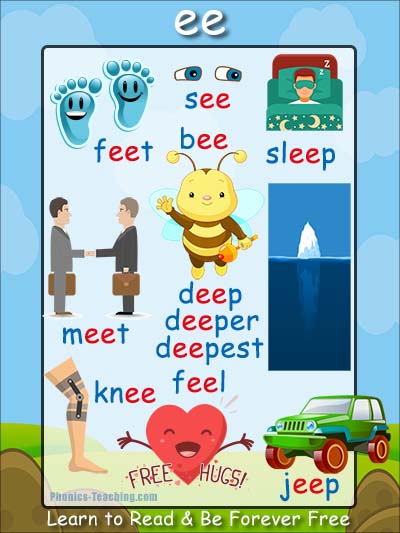EL COMPAÑERISMO
Este corto nos enseña que JUNTOS podemos solucionar más fácilmente los problemas que por separado.
Además, nos enseña que el COMPAÑERISMO es necesario para que una clase funcione bien y todos/as estemos a gusto.
Y el más importante es ser AMABLE y RESPETUOSO con tus compañeros/as para ayudarnos los unos a los otros.
Ahora, coge un folio, pon la fecha y el título ("El compañerismo") y realiza estas actividades:
1. Explica lo que sucede en este corto.
Un niño está en su clase y suena la campana...
2. Piensa en ti mismo y contesta con sinceridad.
- ¿Piensas que es importante ser amable con tus compañeros/as? ¿Por qué?
- ¿Qué haces para ser un buen compañero/a?
- ¿Cómo te sientes cuando alguien es un buen compañero/a contigo?













































